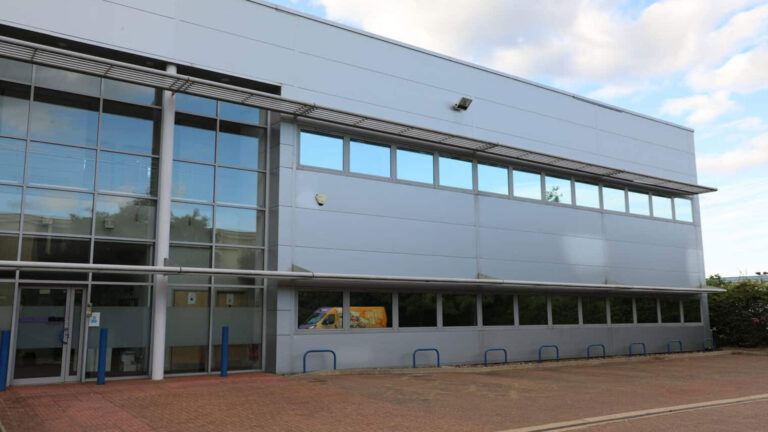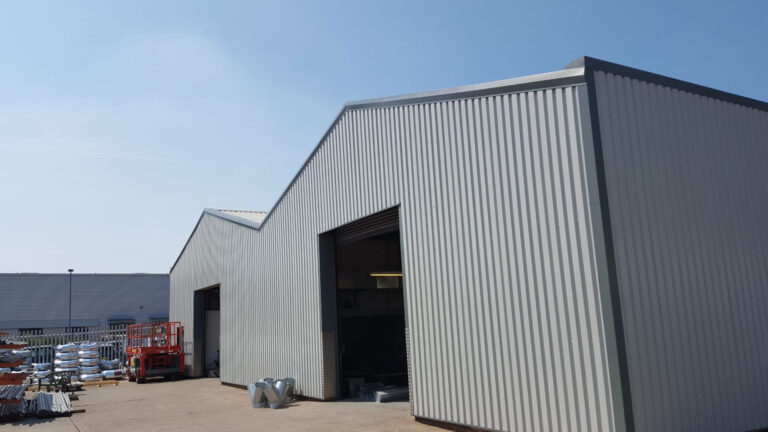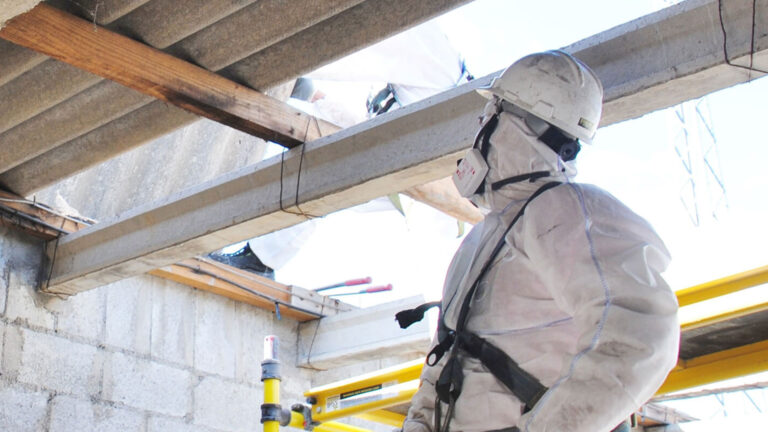In the dynamic commercial landscapes of Dorset and Hampshire, the exterior of your building speaks volumes about your business. Cladding not only enhances aesthetic appeal but also provides essential protection against environmental elements. Selecting the right cladding material is crucial for durability, energy efficiency, and compliance with local regulations.
Understanding the variety of cladding materials available can help you choose the best fit for your commercial building:

1. Metal Cladding
Commonly made from aluminum or steel, metal cladding offers a modern look and robust protection.
2. Timber Cladding
Provides a natural and warm appearance, often used for buildings aiming for a rustic or eco-friendly aesthetic.
3. Fiber Cement Cladding
A composite material made of cement reinforced with cellulose fibers, known for its durability and low maintenance.
4. uPVC Cladding
A cost-effective and low-maintenance option, uPVC cladding is resistant to moisture and rot.
5. Brick and Stone Veneer
Offers a traditional and timeless appearance, adding significant curb appeal.
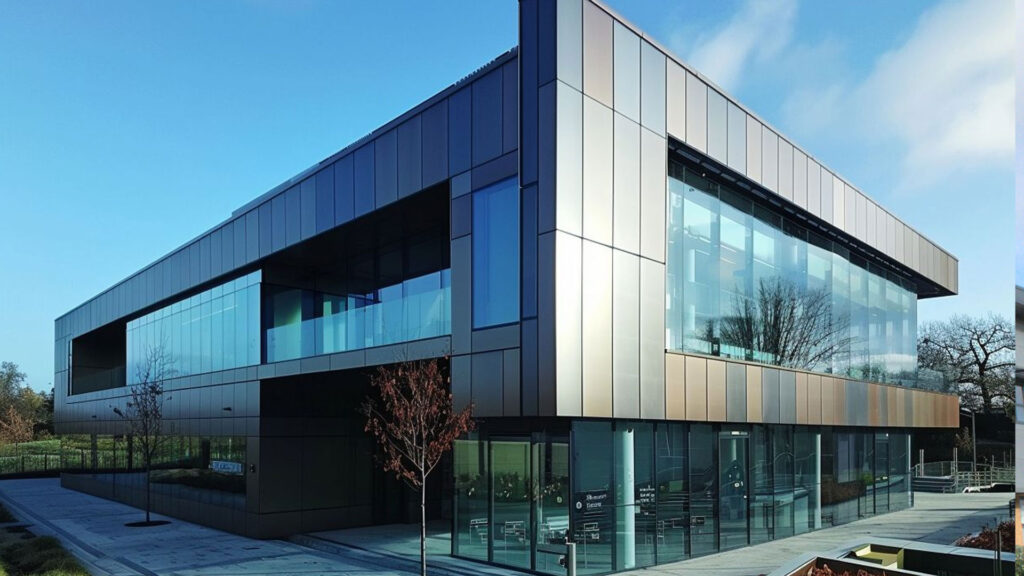
Pros and Cons of Each Type
Each cladding material comes with its own set of advantages and disadvantages:
Metal Cladding
- Pros: Durable, fire-resistant, and low maintenance.
- Cons: Can be prone to denting and may require insulation to prevent thermal bridging.
Timber Cladding
- Pros: Aesthetically pleasing and environmentally friendly.
- Cons: Requires regular maintenance and is susceptible to weathering.
Fiber Cement Cladding
- Pros: Highly durable, fire-resistant, and low maintenance.
- Cons: Heavier material, which may increase installation costs.
uPVC Cladding
- Pros: Affordable, easy to install, and resistant to moisture.
- Cons: Less durable over the long term and limited in color options.
Brick and Stone Veneer
- Pros: Classic appearance and high durability.
- Cons: Higher cost and more complex installation process.
Factors to Consider When Choosing Cladding
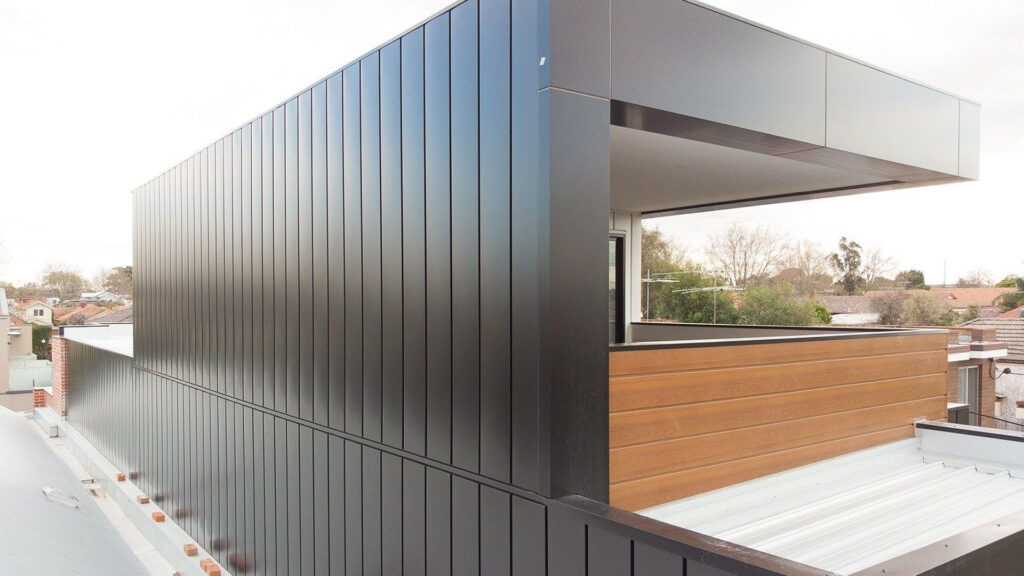
Selecting the appropriate cladding involves evaluating several key factors:
1. Building Purpose and Design
The function of your building and its architectural style should guide your cladding choice to ensure aesthetic coherence and functionality.
2. Local Climate
Dorset and Hampshire experience varied weather conditions; selecting materials that withstand local climate challenges is essential.
3. Maintenance Requirements
Consider the long-term maintenance needs of the cladding material to ensure it aligns with your capacity for upkeep.
4. Budget Constraints
Evaluate both initial installation costs and long-term expenses associated with maintenance and durability.
5. Regulatory Compliance
Ensure the chosen cladding meets local building codes and fire safety regulations, especially in commercial applications.
Case Studies of Local Projects
Examining local projects can provide insight into practical applications of various cladding materials:
1. Industrial Unit Refurbishment in Poole
A commercial building in Poole underwent a transformation using metal cladding, enhancing its durability and modernising its appearance.
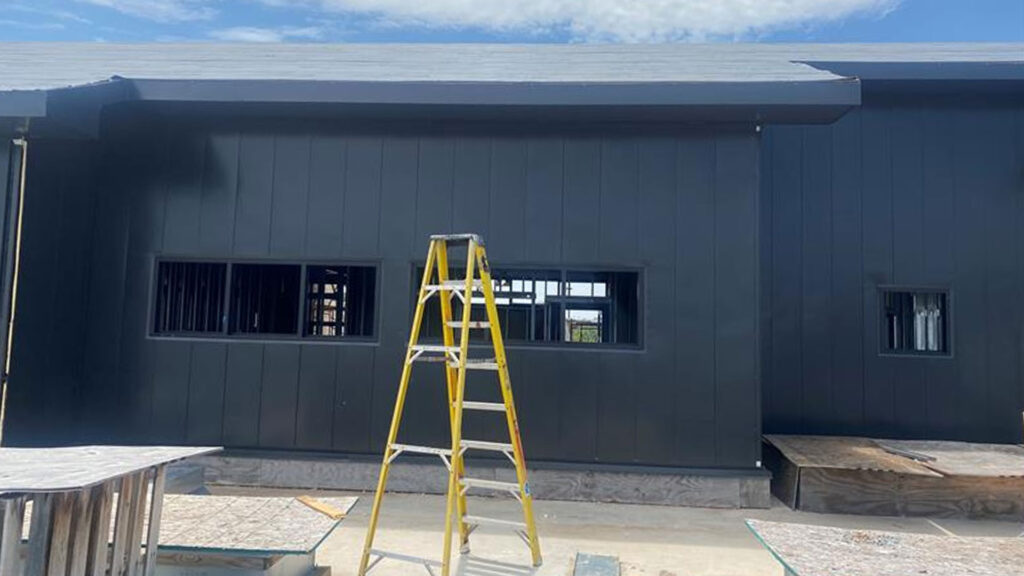
2. Office Building Upgrade in Bournemouth
In Bournemouth, a commercial office building was upgraded with fiber cement cladding, improving its energy efficiency and aesthetic appeal.
3. Retail Complex Enhancement in Southampton
A retail complex in Southampton utilised timber cladding to create a warm and inviting facade, aligning with its brand identity.
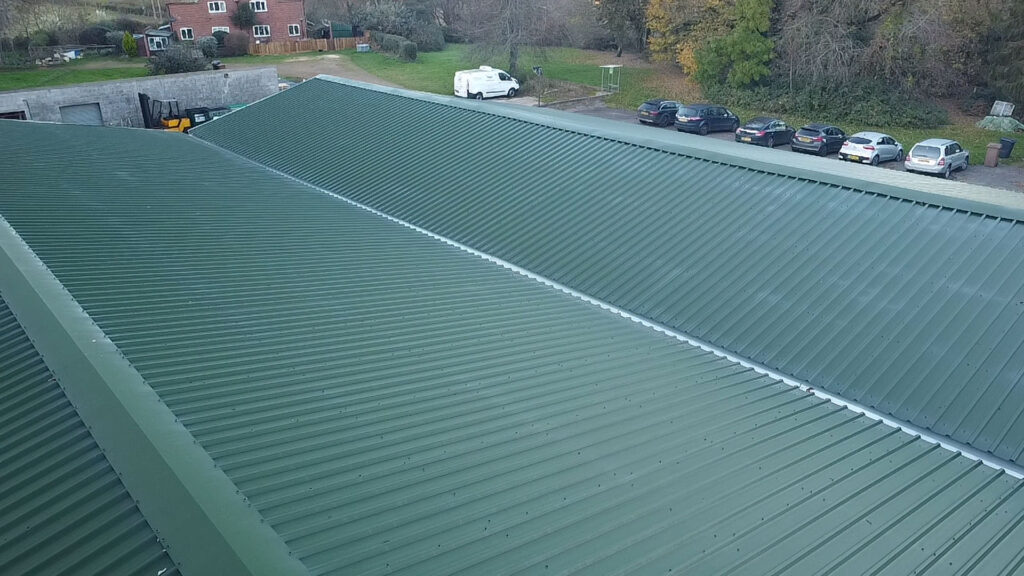
Conclusion
Choosing the right cladding for your commercial building in Dorset and Hampshire is a decision that impacts not only the building’s appearance but also its performance and compliance with regulations. By understanding the various materials available and considering factors such as climate, maintenance, and budget, you can make an informed choice that enhances your property’s value and functionality.
FAQs
Q: What is the most durable cladding material for commercial buildings?
A: Fiber cement and metal cladding are among the most durable options, offering resistance to fire, moisture, and pests.
Q: How does climate affect cladding choice in Dorset and Hampshire?
A: The local climate, characterised by moisture and temperature variations, necessitates cladding materials that can withstand these conditions without deteriorating.
Q: Are there eco-friendly cladding options available?
A: Yes, timber cladding sourced from sustainable forests and fiber cement made with recycled materials are considered eco-friendly choices.


